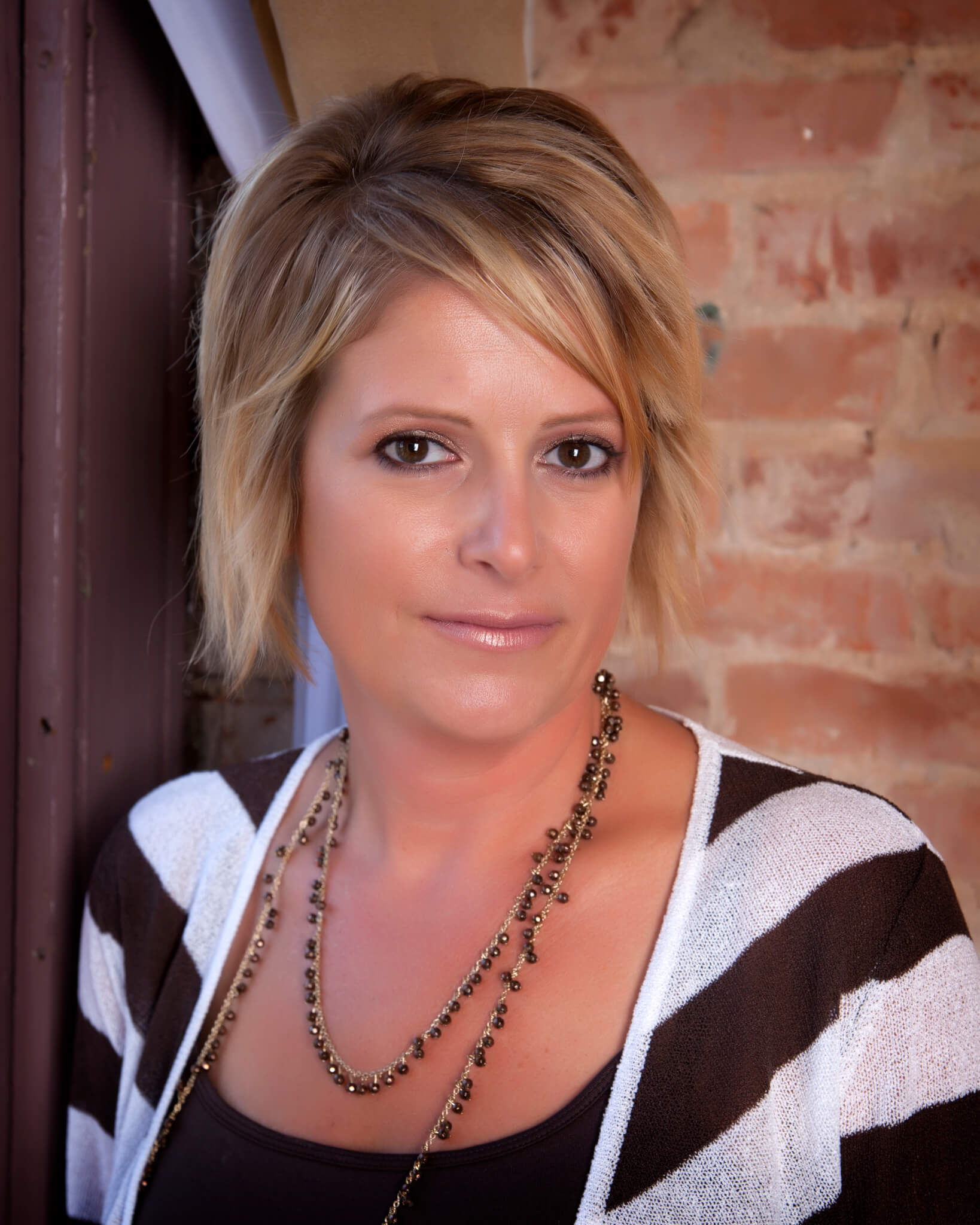
Top Tips to Help You Budget for a New Home
Home buying is an exciting but potentially nerve-racking process. A new home is a huge investment that could affect your finances for decades. Having a realistic, well thought-out budget can help alleviate some of the stress and uncertainty, allowing you to make an informed decision about the home that will be right for you. If you’re unsure where to begin in the process of building a budget for a new home, here are a few tips to get you started.
Figure Out How Much House You Can Afford
Your first goal when starting the process of budgeting for a new home is to determine how much house you can afford. It’s important to take an honest look at your own finances to determine what is possible for your current situation.
Follow the 28%/36% Rule
A good place to start when determining what you can afford is by following the 28%/36% rule. This rule suggests home buyers spend no more than 28% of their gross monthly income on housing expenses and no more than 36% on total debt. Following this rule will help ensure you’ll be able to comfortably afford your mortgage in addition to any other expenses you may have.
Calculate Your Debt-to-Income Ratio
You might also consider calculating your debt-to-income ratio (DTI). A DTI represents the percentage of gross monthly income that goes toward monthly debt payments. Lenders use this figure to determine borrowing risk when evaluating home buyers for home loans. To calculate your DTI, sum up your monthly debt payments (credit cards, mortgage payments, other loans, etc.) and divide your total debt payment for the month by your gross monthly income. Then, simply multiply the result by 100 to determine your DTI percentage. Lenders typically look for ratios around 36% or less, but home buyers with a DTI of up to 43% may still be able to qualify.
Determine Down Payment
The next step is to determine a down payment amount you can afford. A larger down payment often means you will receive better mortgage rates. In general, lenders prefer to see a down payment equal to about 20% of the value of the home, but it’s possible to qualify for a mortgage with a lower down payment. If it’s not practical for you to save for a down payment of that size, there are a number of first-time home buyer loans and programs that you may want to look into.
Don’t Forget Other Potential Costs
Closing Costs
Depending on where you live, closing costs can be anywhere from 2%-5% of the purchase price of your home. This can add up to be several thousand dollars, depending on the price of your home.
Property Taxes
In some areas, lenders require home buyers to deposit up to a year’s worth of property tax payments into an escrow account. This allows lenders to make sure buyers will always have enough in escrow to cover their tax bill. Property taxes are public record, so you can look up property tax information for any potential home to get a better idea of what your yearly property taxes might be.
HOA Fees
If the house you purchase is in a neighborhood with a homeowner’s association, you’ll also need to consider those costs in your budget. The average HOA fee is over $300 a month, but the range is broad and really depends on where you live.
Homeowner’s Insurance
The costs of homeowner’s insurance also vary state-by-state, but the majority of homeowners can expect to pay around $1,000 a year for their policy. When compared to the price of a home, this may seem like a small amount, but it’s important to consider these smaller costs when creating a comprehensive budget.
It’s crucial to keep your financial situation front of mind when house hunting. It’s easy to get swept up in a beautiful kitchen or a charming neighborhood, but it’s important to be realistic about what you can afford. If you need a realtor to help you on your house hunting journey, feel free to contact us to set up a consultation. We’d love to help you find your dream home.
Real Reviews from Real Clients - Check out Zillow Profile







